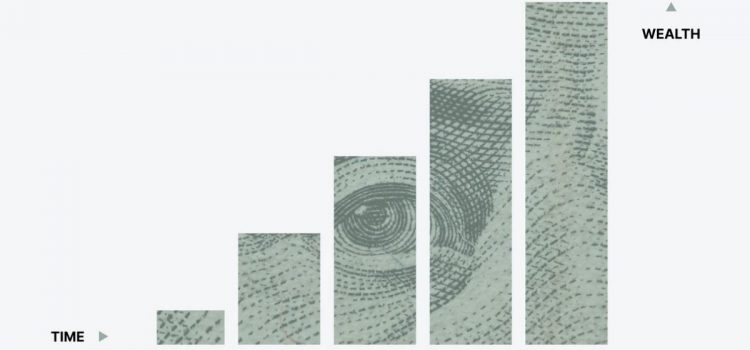Are you looking for The Dichotomy of Leadership quotes by Jocko Willink and Leif Babin? What are some of the most noteworthy passages worth revisiting? Leadership requires a delicate balance of various dichotomies: You must be compassionate yet pragmatic, humble yet confident, bold yet cautious. In The Dichotomy of Leadership, former Navy SEAL commanders and corporate leadership consultants Jocko Willink and Leif Babin will teach you to reconcile common dichotomies or conflicts in leadership. Below is a selection of quotes with explanations to help you put them into context.
The Dichotomy of Leadership: Quotes & Passages










